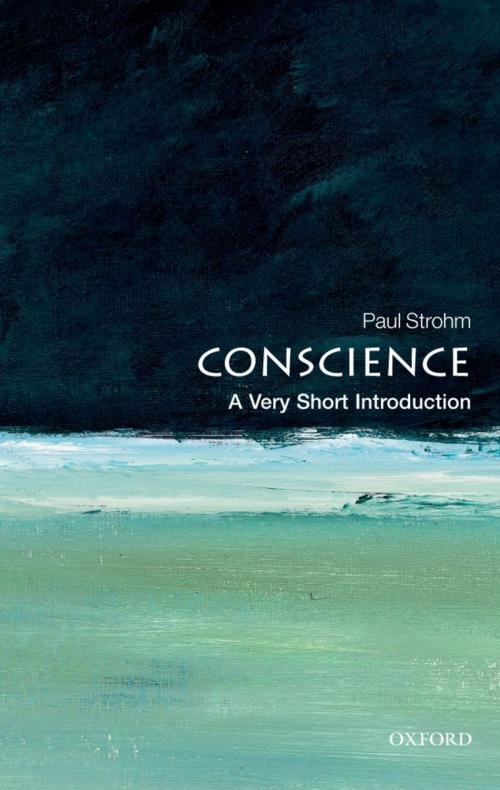Conscience: A Very Short Introduction
Nonfiction, Religion & Spirituality, Philosophy, Ethics & Moral Philosophy| Author: | Paul Strohm | ISBN: | 9780191620393 |
| Publisher: | OUP Oxford | Publication: | June 23, 2011 |
| Imprint: | OUP Oxford | Language: | English |
| Author: | Paul Strohm |
| ISBN: | 9780191620393 |
| Publisher: | OUP Oxford |
| Publication: | June 23, 2011 |
| Imprint: | OUP Oxford |
| Language: | English |
Where does our conscience come from? How reliable is it?In the West conscience has been relied upon for two thousand years as a judgement that distinguishes right from wrong. It has effortlessly moved through every period division and timeline between the ancient, medieval, and modern. The Romans identified it, the early Christians appropriated it, and Reformation Protestants and loyal Catholics relied upon its advice and admonition. Today it is embraced with equal conviction by non-religious and religious alike.Considering its deep historical roots and exploring what it has meant to successive generations, Paul Strohm highlights why this particularly European concept deserves its reputation as 'one of the prouder Western contributions to human rights and human dignity throughout the world.'Using examples from popular culture including the Disney classic Pinocchio, as well as examples from contemporary politics, he explores the work of thinkers such as Nietzsche, Freud, and Aquinas, to show how and why conscience remains a motivating and important principle in the contemporary world.
Where does our conscience come from? How reliable is it?In the West conscience has been relied upon for two thousand years as a judgement that distinguishes right from wrong. It has effortlessly moved through every period division and timeline between the ancient, medieval, and modern. The Romans identified it, the early Christians appropriated it, and Reformation Protestants and loyal Catholics relied upon its advice and admonition. Today it is embraced with equal conviction by non-religious and religious alike.Considering its deep historical roots and exploring what it has meant to successive generations, Paul Strohm highlights why this particularly European concept deserves its reputation as 'one of the prouder Western contributions to human rights and human dignity throughout the world.'Using examples from popular culture including the Disney classic Pinocchio, as well as examples from contemporary politics, he explores the work of thinkers such as Nietzsche, Freud, and Aquinas, to show how and why conscience remains a motivating and important principle in the contemporary world.















